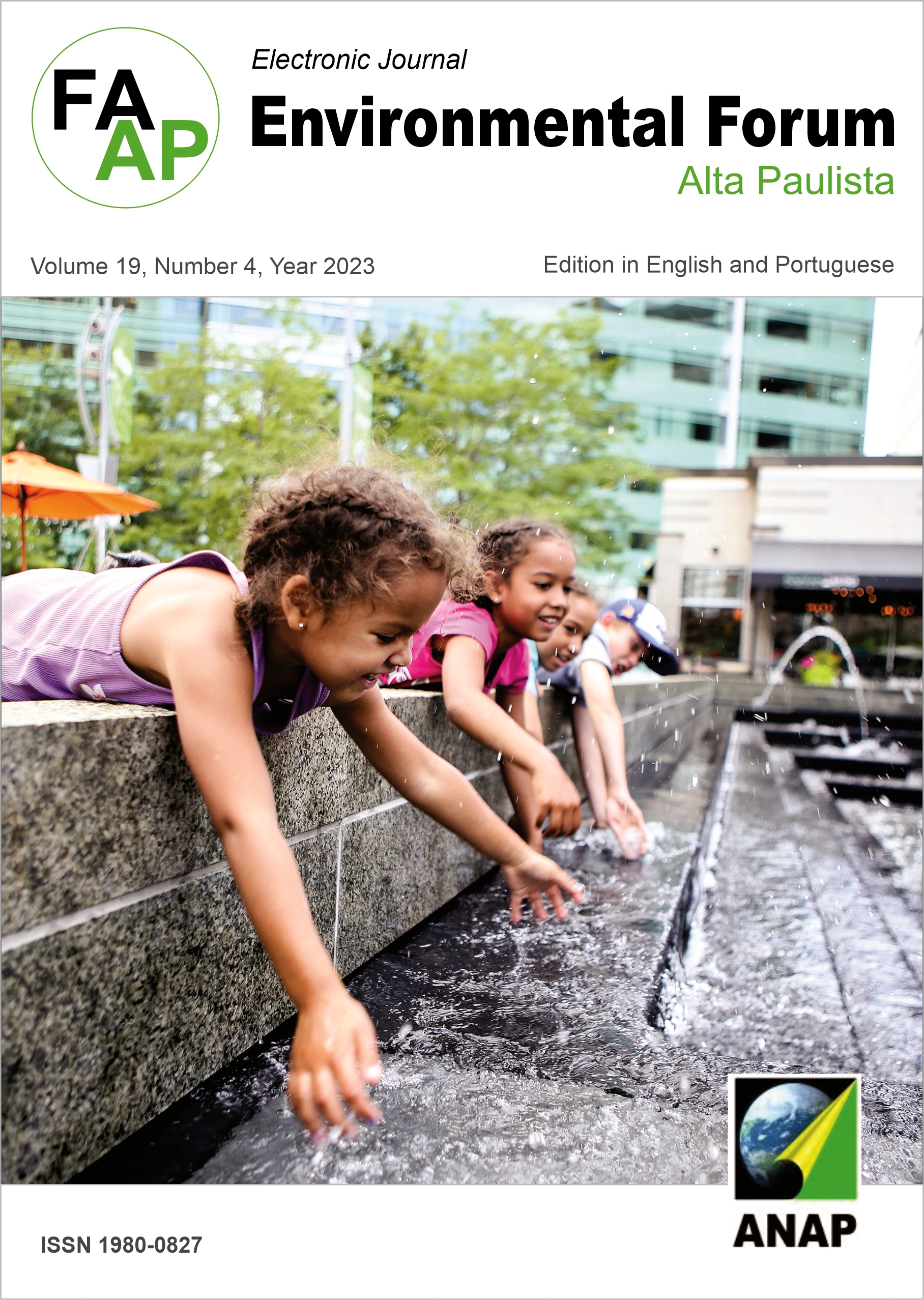Concreto no Brasil: Breve história, desafios atuais e propostas para um futuro sustentável
DOI:
https://doi.org/10.17271/1980082719420233603Abstract
O setor de produção de concreto é fundamental na construção civil e em atividades humanas em geral, sendo o produto manufaturado mais abundante do mundo, sua produção gera consequências ambientais e contribui para a aceleração das mudanças climáticas. Este trabalho busca levantar as soluções modernas para produção sustentável de concreto por meio da incorporação de materiais reciclados. Inicialmente, foi realizado um estudo exploratório de caráter documental sobre a história do concreto, a fim de identificar as principais características que levaram à sua adoção em larga escala. Em seguida, foi realizada uma revisão bibliográfica acerca de estudos que buscam superar as problemáticas do concreto, com foco na incorporação de materiais de diversas origens. Por fim, com os dados em mãos, foram compilados os aspectos semelhantes de cada proposta e, a partir disso, foram observados que, apesar dos efeitos negativos nas características originais do produto, verificou-se que os concretos com materiais reciclados ainda possuem características compatíveis que permitem sua adesão em massa. Conclui-se que a incorporação de materiais alternativos no concreto tem um alto potencial de reciclagem de resíduos e pode contribuir para a produção de um concreto mais ecológico, sem comprometer demasiadamente as suas características fundamentais.
Downloads
References
Downloads
Published
Issue
Section
License
Copyright (c) 2023 Periódico Eletrônico Fórum Ambiental da Alta Paulista

This work is licensed under a Creative Commons Attribution-NonCommercial-ShareAlike 4.0 International License.













